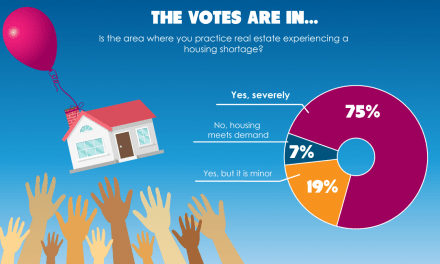Mortgage Concepts is a recurring video series covering best practices and compliance education for California mortgage loan originators. This video discusses the rules governing telemarketing campaigns conducted by mortgage loan originators (MLOs). For course credit toward renewing your NMLS license, visit firsttuesday.us.
Telemarketing campaigns regulated by the FTC
Telemarketing by an MLO is a campaign conducted by telephone to induce consumers to apply to originate a mortgage.
However, the conduct of an MLO’s telemarketing campaign is regulated and enforced by the Federal Trade Commission (FTC) under their Telemarketing Sales Rule. [16 CFR §§310]
Telemarketing excludes material mailed by the MLO or their employer in marketing campaigns which induce the recipient to call about their mortgage origination services when the mailing contains the physical business address of the MLO’s employer.
However, telemarketing rules do control the calls taken by MLOs and their employers who conduct promotional mailing campaigns but do not conduct any telemarketing campaigns — none. These MLOs only receive calls and conduct face-to-face meetings initiated by consumers who respond to mailing campaigns.
On receiving a caller’s response to a mailing campaign, the MLO discusses and takes applications limited to mortgage services offered in the mailing. Cross-selling or upselling to these callers is permitted but tightly limited to only the products presented in the mailing the caller responds to.
The Telemarketing Sales Rule requires MLOs to:
- make specific disclosures of material information;
- prohibits misrepresentations, of course;
- sets limits on the times MLOs may call consumers to avoid abuse; and
- prohibits calls to a consumer who asks not to be called again.
But it is not enough for an MLO to simply comply with FTC rules for acceptable telemarketing practices. Any MLO who knowingly supports or facilitates a violation of these rules by others, even the company they work for, is also in violation. [16 CFR §310.3(b)]
Related article:
Regulators nab two California-based mortgage relief scammers
An MLO telemarketing checklist
An MLO acting as a telemarketer for a mortgage originator must voluntarily disclose to the person they are calling:
- all costs incurred, directly or indirectly, to originate the mortgage offered;
- any restrictions or limitations on the use of the funds provided by the mortgage offered;
- conditions in the mortgage origination process which affect the MLO or their employer’s ability to achieve the origination of the offered mortgage without incurring greater costs, efforts and time;
- the MLO or their employer’s affiliation with any person or government agency including the mortgage lender and originator; and
- in a prize promotion, any conditions regarding receiving a prize, the odds of winning the prize, and that no mortgage origination is required to participate. [16 CFR §310.3(a)(2)]
Also, a MLO telemarketer may not make false or misleading statements to induce a consumer to accept the MLO’s mortgage offer. [16 CFR §310.3(a)(4)]
Abusive MLO telemarketing calls are prohibited
An MLO’s telemarketing call to a person’s residence is always an intrusion. Rarely has the person receiving the MLO’s call given prior consent to the call.
However, the call placed without prior consent is permitted by the Telemarketing Sales Rule, but only when the call is made between 8:00 a.m. and 9:00 p.m. at the location of the person receiving the call. A call placed at any other local time without prior consent constitutes a violation as abusive telemarketing. [16 CFR §310.3(c)]
When calling during the permitted time of day, the abusive telemarketing act further requires the MLO placing a call to promptly make an oral disclosure to the person called concerning:
- the identity of the MLO and their employer;
- the purpose of the call as soliciting a mortgage origination application; and
- the nature of the mortgage origination offered. [16 CFR §310.3(d)]
Related article:













